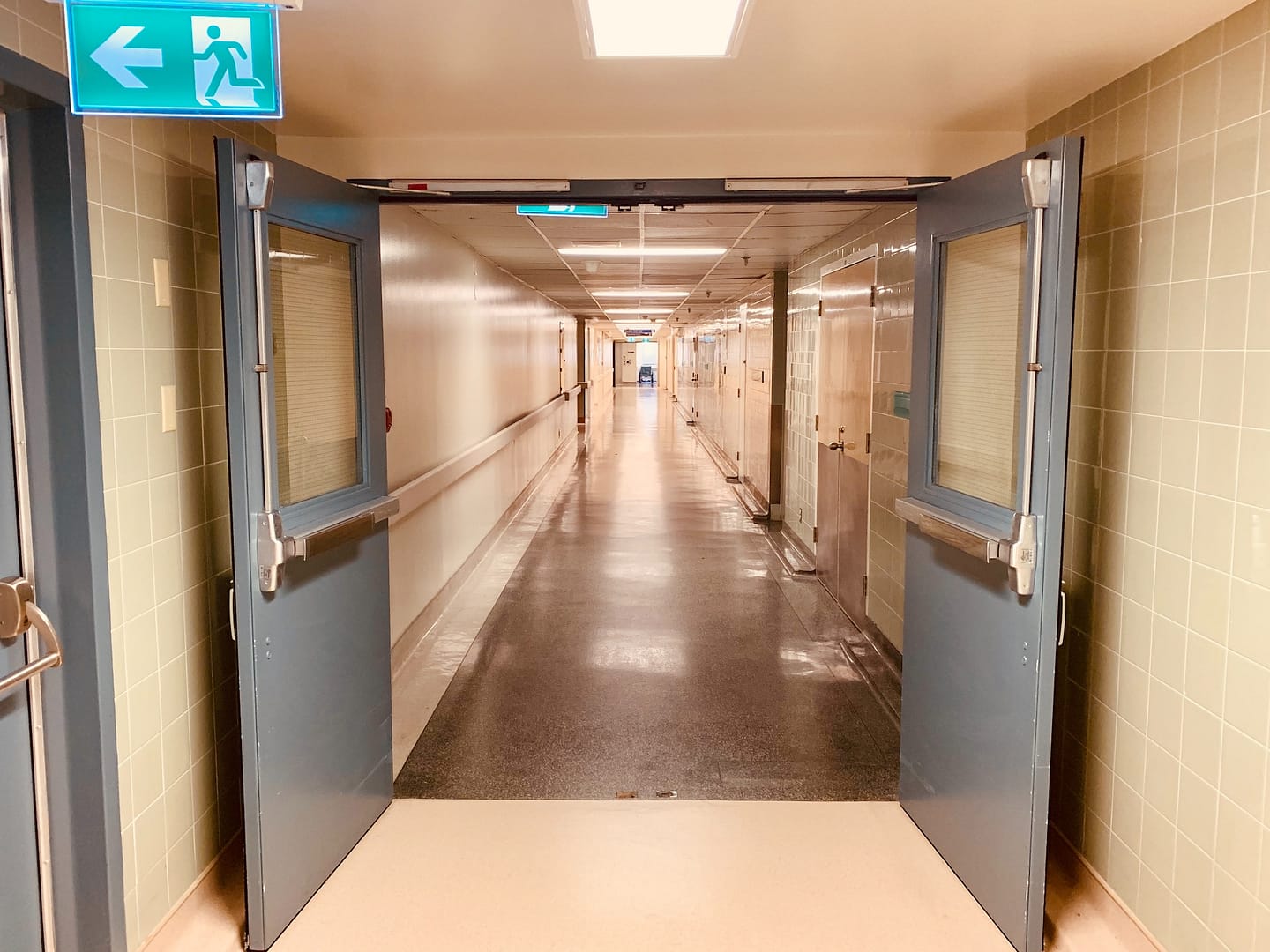The data is extremely concerning, in that it identifies that Leeds Teaching Hospitals have the highest neonatal mortality rate in the UK of 4.46 per 1,000 live births in 2022. The 2022 figure for stillbirth and neonatal deaths is around 70% higher than the average rate for comparable NHS Trusts.
Leeds Hospitals Face Maternity Care Crisis: What You Need to Know
Recent reports have revealed that Leeds Teaching Hospitals NHS Trust (LTH) had the highest neonatal death rate in the UK in 2022, according to data released by BBC News. With 4.46 deaths per 1,000 live births, LTH’s rate was a staggering 70% higher than the average for comparable NHS trusts.
To put this in perspective, the national average for neonatal mortality among similar trusts was around 2.6 per 1,000 live births. This alarming increase from 3.30 in 2017 raises serious questions about the standard of maternity care in Leeds hospitals, including Leeds General Infirmary (LGI) and St James’s University Hospital.
The BBC, using publicly available data and testimonies, has been at the forefront of exposing this ongoing crisis, highlighting stories from dozens of bereaved families. Many believe their babies’ deaths were avoidable and want an independent public inquiry into maternity services at the Trust.
Real Lives Affected: The Human Impact of LTH Failures
In heartbreaking testimonies collected by BBC News, families described how they felt dismissed, ignored or blamed when raising concerns during labour. Some women reported calling maternity units multiple times with symptoms like reduced fetal movements or bleeding, only to be told to stay home.
One mother, Tassie Weaver, lost her baby after being told three times not to come in, despite being high-risk. By the time she arrived at hospital, her baby had already died. Her care was later rated “D” – the lowest grade – by the Trust’s own internal review.
Another family, Heidi Mayman and Dale Morton, lost their daughter Lyla just four days after birth. An external investigation found several errors and protocol breaches during her labour, resulting in a payout from NHS Resolution.
A Pattern of Negligence: 107 Claims in 9 Years
Between April 2015 and April 2024, 107 clinical negligence claims were filed against Leeds Teaching Hospitals relating to obstetrics. NHS Resolution confirmed that over £71 million was paid out during this period, including for 14 stillbirths and 13 maternal or neonatal deaths.
Despite the Trust being rated “good” by the Care Quality Commission (CQC), internal reviews and whistleblower reports tell a different story. Staff describe a fear-based culture where raising safety concerns is discouraged. “Nothing ever changes,” said one senior clinician. “It just gets swept under the carpet.”
How Much Compensation Can You Claim?
Compensation varies depending on the severity and nature of the negligence. Typical payouts include:
- Stillbirth due to negligence: £50,000 to £200,000+
- Birth injuries causing long-term disability: £200,000 to £2 million+
- Psychological trauma for parents: £3,000 to £100,000+
- Funeral expenses and ongoing therapy: Covered under special damages
The compensation figures above are based on the Judicial College Guidelines, which provide recognised estimates. Solicitors working with National Claims can offer more accurate assessments based on your specific case.
Government Response and What Happens Next
In light of the BBC’s investigations and rising public pressure, Health Secretary Wes Streeting has acknowledged the seriousness of the situation. While he has not yet launched a full national inquiry, he is reportedly considering it.
An improvement plan has been proposed, involving external task forces, “buddying” of poorly performing trusts with high-performing ones, and a restorative justice approach. However, many families believe that only a Donna Ockenden-style review can bring about real change.
People Also Ask
Q1. Why are baby death rates so high at Leeds Teaching Hospitals?
The high death rates are linked to reported failings in maternity care, including delays in treatment, mismanagement of high-risk pregnancies, and poor responses to reduced fetal movements. Whistleblowers and families cite understaffing and a “culture of silence” as key contributors.
Q2. Can I sue the NHS for stillbirth or birth injury?
Yes, you can file a maternity negligence claim if your baby was stillborn or suffered a birth injury due to substandard care. This includes delayed inductions, ignored warning signs, or failure to monitor the baby properly.
Q3. What is neonatal mortality?
Neonatal mortality refers to the death of a newborn within the first 28 days of life. These deaths can result from complications during labour and delivery or shortly after birth.
Q4. How long do I have to claim for maternity negligence in the UK?
You generally have three years from the date of the incident or from when you first became aware that negligence caused harm. In cases involving children, the three-year period starts when the child turns 18.
Q5. Who can help me with a maternity negligence claim?
National Claims works with experienced panel of solicitors who can support you through the legal process and help secure the compensation you deserve.
Start Your Claim Today
Contact National Claims today, and we will put you in touch with an expert solicitor who can guide you through the claims process.
📞 Call us now free 0800 029 3849 or 📩 Submit an online enquiry to speak to our team. Your safety and well-being matter, and we’re here to help.





